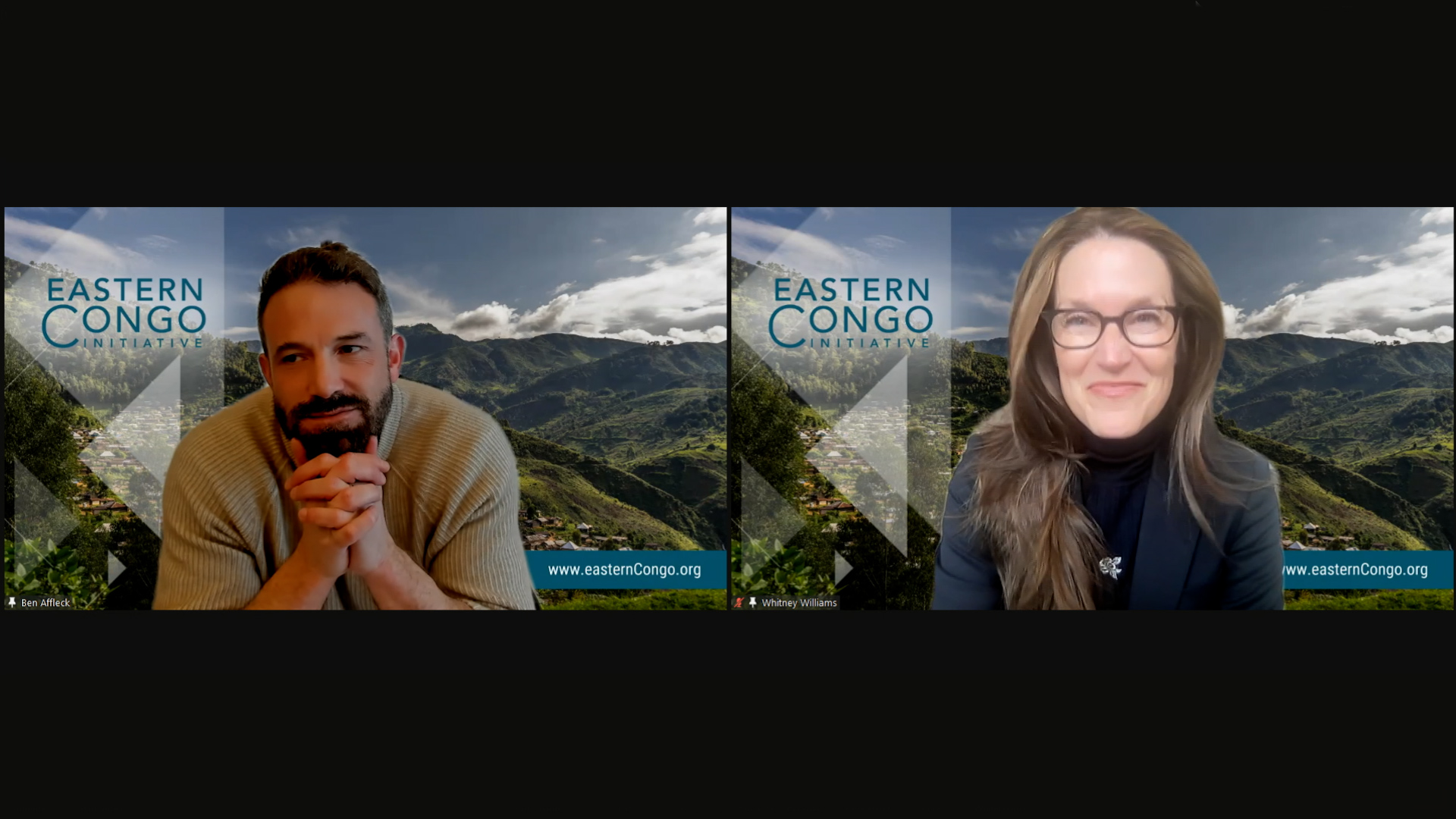Speaking at the Driving Empowerment and Competitiveness in the Value Chain event, Ben Affleck and Whitney Williams, co-founders of the Eastern Congo Initiative, Guillaume Le Cunff, CEO of Nespresso, and Jonathan Normand, CEO and founder of B Lab Switzerland, called on organizations to take a closer look at their supply chains to understand how they could bolster communities and reduce global inequality while growing their businesses.
For a long time, the S, or social, aspect of ESG has been the “neglected middle child,” said Julia Binder, Professor of Sustainable Innovation and Business Transformation who moderated the event. Yet, the COVID-19 pandemic has served as a wake-up call, bringing to light the tight connection between business and society. In addition, companies are increasingly asked to take a stance on social issues from Black Lives Matter to the Me Too movement against sexual abuse, harassment, and rape culture.
Still, the unequal access to healthcare, education, and environmental resources, particularly in conflict regions across the globe, remains in the shadows, with the global north benefiting disproportionately from economic growth, she said. The COVID-19 pandemic, the war in Ukraine, and rising inflation have further exacerbated the problem with forecasts suggesting that a quarter of a billion more people fell into extreme poverty in 2022, with a total of around 860 million people worldwide now living in situations of extreme poverty.
At the same time, consumers are increasingly demanding that those who make their products are paid fairly and treated well, said Affleck, meaning companies who fail to do so will face a hit to their reputation and bottom line.
“We now live in a world with so much transparency, where every business has an Instagram page and every business wants you to know what their values are,” he said. “If you are not living according to those values, the consumer is ultimately going to hold you to that.”
So what are the concrete steps that organizations can take to address inequality and foster inclusive growth in their supply chains?
Know your suppliers
Companies should start by examining their existing structures and partnerships and identifying ways in which helping to bolster the community might help raise productivity, foster better relationships with the workers, and develop more loyalty, said Affleck.



 Audio available
Audio available